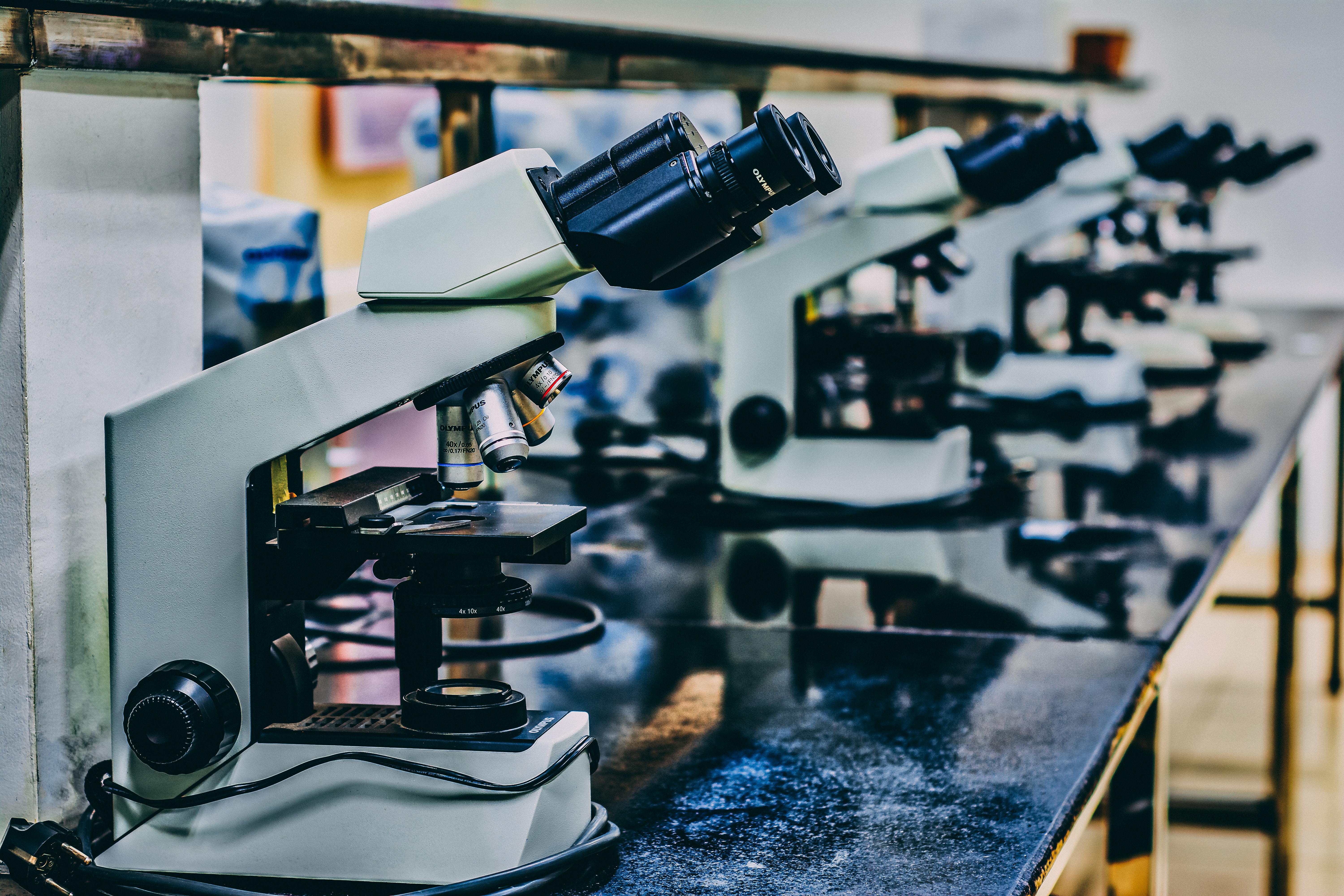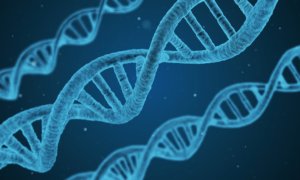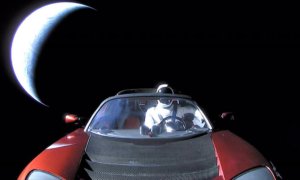Say goodbye to hard disks and 3D memory chips, start-up Catalog announced on Friday it’s stored all of the text of Wikipedia ‘s English version onto a single DNA molecule. They believe biological molecules will last a lot longer than the latest computer storage technology.
This was accomplished using the companies first DNA writer, a machine roughly the size of a modern SUV. Although it doesn’t look like it will replace our phone’s flash memory chip any time soon, Catalog believes it could be useful to companies looking to archive data.
DNA strands are microscopic and not easy to manage, but the biological molecules can store other data than genetic information. Catalog uses prefabricated synthetic DNA strands that are shorter than human DNA but uses a lot more of them so it can store much more data.
The advantage of using DNA as a storage device is that is compact, chemically stable — and given that it’s the foundation of the Earth’s biology, it’s arguably not as likely to become obsolete as other technologies we’ve seen in the past.
Who can benefit from this kind of storage? Catalog announces one partner, the Arch Mission Foundation that’s trying to store human knowledge not just on Earth but even elsewhere in the solar system. That’s about all the company has to say about its partners or if it’ll charge for its DNA writing service.
“We have discussions underway with government agencies, major international science projects that generate huge amounts of test data, major firms in oil and gas, media and entertainment, finance, and other industries,” the company said in a statement.
The catalog has its own device to write data that can record 4 megabits per second right in DNA. Optimizations should triple that rate, letting people record 125 gigabytes in a single day — about as much as a high-end smartphone can store.
There already are DNA sequencing products for sale in the biotechnology market that can read the DNA data. “We think this whole new use case for sequencing technology will help [drive] down the cost quite a bit,” Catalog said, arguing that computing business is a potentially much larger market.
The catalog was founded by two MIT graduate students, Chief Executive Hyunjun Park, and Chief Technology Innovation Officer Nathaniel Roquet, in 2016.
Follow TechTheLead on Google News to get the news first.

























